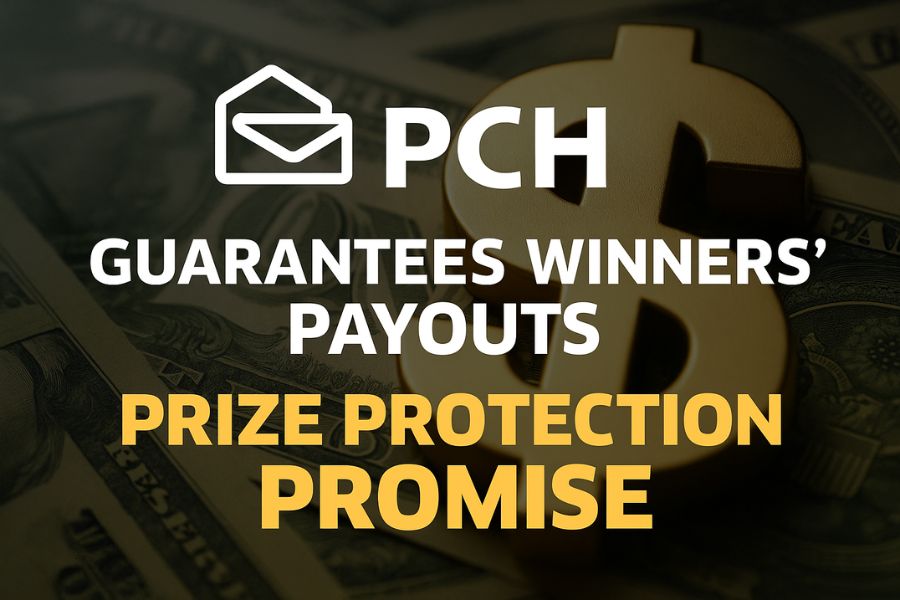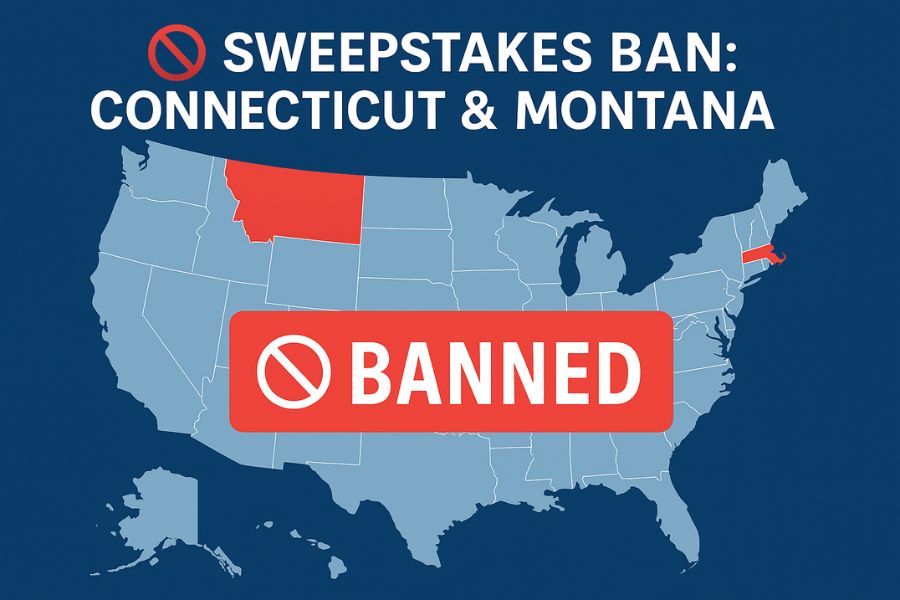That means most sites that use a “dual-currency” model to mimic casino play could be forced to shut down or change how they operate in New Jersey. The measure sets clear rules, assigns oversight to state agencies, and adds new fines for violators.
Supporters say it protects the legal market and consumers; critics say it removes a low-cost way to play.
What the Bill Would do
The bill targets the “sweepstakes” model often used by sweepstakes casinos that look and feel like slots or table games online. It defines this model, ties it to unlawful gambling, and gives regulators tools to act.
The proposal directs both the Division of Gaming Enforcement and the Division of Consumer Affairs to handle enforcement. It also sets fines of $100,000 for a first offense and $250,000 for repeat offenses, signaling the state’s intent to curb unlicensed gambling-like activity.
Importantly, the measure doesn’t erase every form of sweepstakes. Promotions can still run when there’s no cost to enter and the prize value is limited. Examples include small giveaways such as food, drink, or branded items with a cap (like mugs or trinkets under a modest dollar limit).
These exceptions are meant for true promotions, not casino-style systems that mirror real-money play. That line—what’s a harmless giveaway versus a gambling substitute—is what the law tries to clarify.
The path to this bill wasn’t straight. Early in 2025, Assemblyman Clinton Calabrese floated a plan to regulate internet sweepstakes under the existing online gaming framework. He later reversed course, backing prohibition instead.
After committee work and amendments in May, the Legislature moved quickly at the end of June to send the ban to the governor’s desk, setting up the mid-August deadline.
What it Means for Players and Operators
If the bill becomes law on Aug. 14, operators running casino-style sweepstakes will face a stark choice: exit the state, disable key features, or attempt to fit within the limited promotional carve-outs.
Players may see familiar apps disappear or pivot to free-only models with small prizes. Because enforcement would involve both gaming and consumer officials, the state could move quickly against sites it views as non-compliant.
For people who enjoyed sweeps as a low-cost way to spin a reel, the shift may feel abrupt. But state leaders argue that unregulated gambling lookalikes pose risks: unclear odds and payouts, limited dispute support, and confusion with the licensed casino market.
Supporters say the change will steer play toward regulated sites with age checks, responsible gaming tools, and clear complaint paths. Whether that proves true will be clearer in the months after any ban takes effect.
There are still procedural steps, but timing matters. In New Jersey, when both chambers pass a bill and the governor neither signs nor vetoes it within 45 days, it can become law automatically when the originating house next meets.
That timeline puts the sweepstakes bill on track for Aug. 14, 2025, unless the governor signs or vetoes it first. Players and operators should watch official channels for final confirmation and effective dates.




